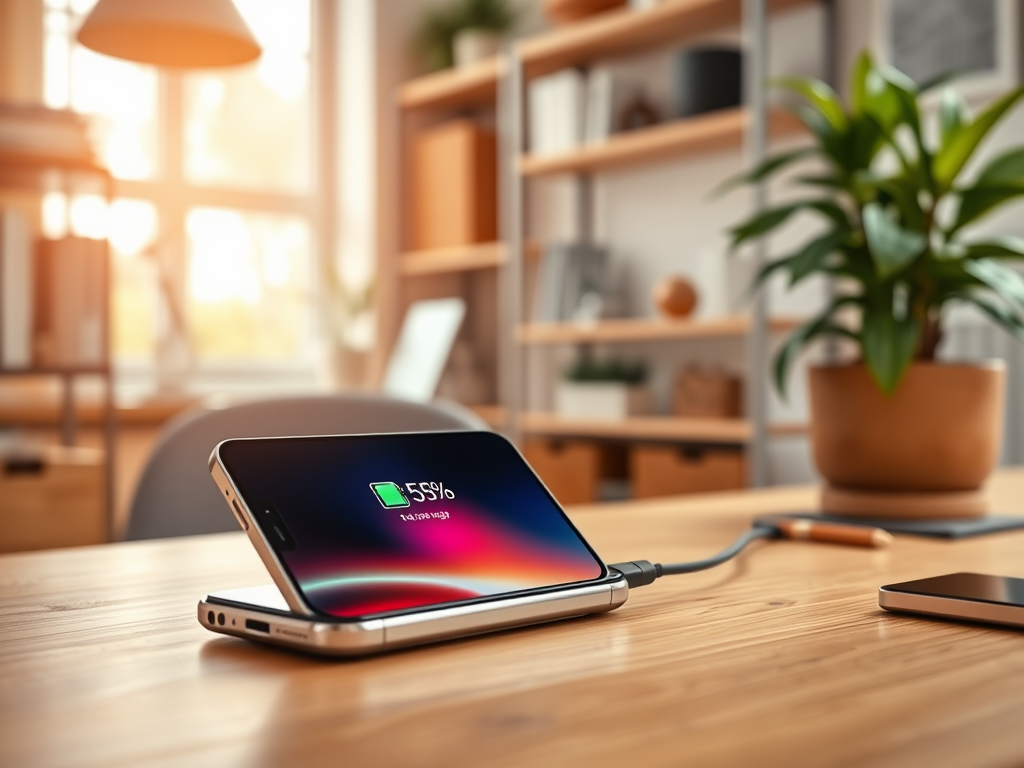Smart light bulbs have become an essential component of home automation, providing not only convenient lighting control but also energy efficiency and enhanced ambiance. This article delves into the best smart light bulbs you can integrate into your smart home setup, ensuring a seamless, connected, and customized lighting experience.
Why Smart Light Bulbs Are a Game-Changer

Smart light bulbs bring a myriad of advantages to modern living. First and foremost, they offer unparalleled convenience. With the ability to control your lights through a smartphone app or voice commands, you can easily adjust lighting settings without ever leaving your seat. Furthermore, smart bulbs can contribute to energy savings by allowing you to automate when your lights turn on and off, reducing unnecessary energy consumption.
Additionally, these bulbs can enhance your home’s ambiance by enabling you to customize lighting colors and dimming levels. Security is another significant benefit, as the ability to control lights remotely can give the impression that someone is home, deterring potential intruders. Lastly, integration with other smart home devices such as thermostats, cameras, and security systems creates a cohesive, intelligent home environment.
Top Smart Light Bulbs to Consider
Choosing the right smart light bulbs depends on compatibility, features, and user preferences. Here are some of the top picks:
-
Philips Hue
: Known for its extensive range of colors and high-quality performance, Philips Hue bulbs are a top choice for those seeking versatile and reliable lighting solutions. They support various smart home ecosystems, including Apple HomeKit, Amazon Alexa, and Google Assistant. -
LIFX
: LIFX bulbs are renowned for their vibrant color options and excellent brightness levels. They connect directly to Wi-Fi, eliminating the need for a hub, and are compatible with major smart home platforms. -
TP-Link Kasa Smart
: Offering a budget-friendly option with reliable performance, TP-Link Kasa Smart bulbs provide seamless integration with Amazon Alexa and Google Assistant. They are easy to install and feature energy monitoring capabilities. -
Sengled Smart LED
: Sengled bulbs provide an affordable and efficient lighting solution. These bulbs require a hub for connectivity but offer compatibility with both Zigbee and Amazon Alexa, making them a versatile choice. -
Nanoleaf Essentials
: Perfect for those who value aesthetics, Nanoleaf Essentials bulbs offer beautiful lighting effects and excellent color rendering. They work well with Apple HomeKit and also provide Thread compatibility for enhanced connectivity.
How to Choose the Best Smart Light Bulb
Selecting the perfect smart light bulb for your home depends on several factors. Compatibility is a crucial aspect to consider; ensure that the bulbs you choose are compatible with your existing or planned smart home ecosystem. Additionally, consider whether the bulbs require a hub or can connect directly to Wi-Fi—this can affect your setup complexity and cost.
Brightness and color options are also important. Some people prefer bulbs that can produce a wide range of colors, while others may prioritize brightness for areas like kitchens or home offices. Consider the ease of use and the functionality of the accompanying app. An intuitive app can make a significant difference in your overall experience. Last but not least, take into account the energy efficiency of the bulbs. Energy-efficient models can help you save on your electricity bills in the long run.
Setting Up Your Smart Light Bulbs
Installing smart light bulbs is generally straightforward. Start by ensuring your home Wi-Fi network is steady and within range of where you plan to install the bulbs. Once your Wi-Fi is set, screw in the smart bulb just like you would with any traditional bulb. Next, download the corresponding app for the bulbs you’ve purchased, whether it be Philips Hue, LIFX, or another brand.
Follow the app’s instructions for setting up and pairing the bulbs. This typically involves scanning a QR code or entering a specific code provided with the bulb. After pairing, you can start configuring your settings, such as scheduling, brightness levels, and color changes. If your bulbs require a hub, ensure the hub is connected and within range of your Wi-Fi router to prevent connectivity issues. Finally, integrate your smart bulbs with other smart home devices for a fully automated experience.
Conclusion
The advancement of smart light bulbs has revolutionized how we illuminate and manage our homes. With benefits ranging from convenience and energy efficiency to enhanced security and ambiance, these bulbs are an integral part of a smart home setup. By choosing the right bulbs that meet your needs and preferences, you can create a truly intelligent and responsive lighting system in your home.
FAQs
1. Are smart light bulbs compatible with all smart home systems?
No, not all smart light bulbs are compatible with every smart home system. It’s essential to check the compatibility of the bulbs with your specific smart home ecosystem, such as Google Assistant, Amazon Alexa, or Apple HomeKit.
2. Do smart light bulbs save electricity?
Yes, smart light bulbs can save electricity by allowing you to set schedules, timers, and automation, which prevents lights from being left on unnecessarily. Additionally, many smart bulbs, especially LED models, are more energy-efficient than traditional bulbs.
3. What if my Wi-Fi goes down, will my smart bulbs still work?
If your Wi-Fi goes down, most smart bulbs will not be controllable via their respective apps or voice assistants. However, you can usually still operate them using the physical switch on the lamp or wall socket.
4. Do I need a hub to use smart light bulbs?
Not all smart light bulbs require a hub. For instance, LIFX bulbs connect directly to Wi-Fi, whereas Philips Hue typically needs a hub for full functionality. The need for a hub depends on the brand and model of the smart bulb you choose.
5. Can I use smart bulbs with my existing light fixtures?
Yes, smart light bulbs are designed to fit standard light fixtures. They have the same base as traditional bulbs and can be used in most existing lamps and sockets without any modifications.



